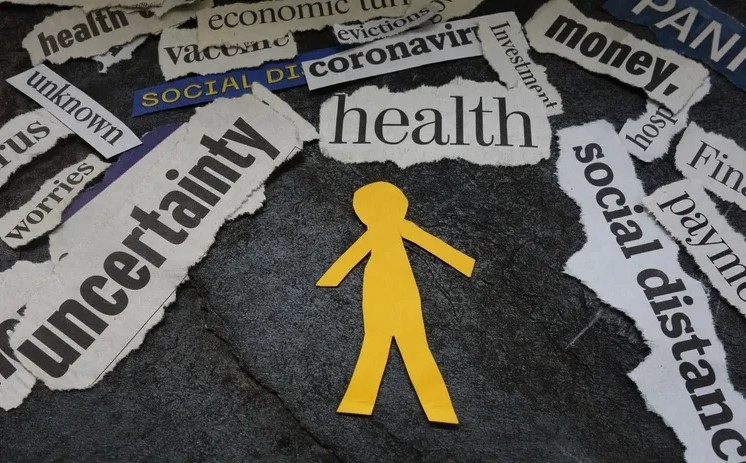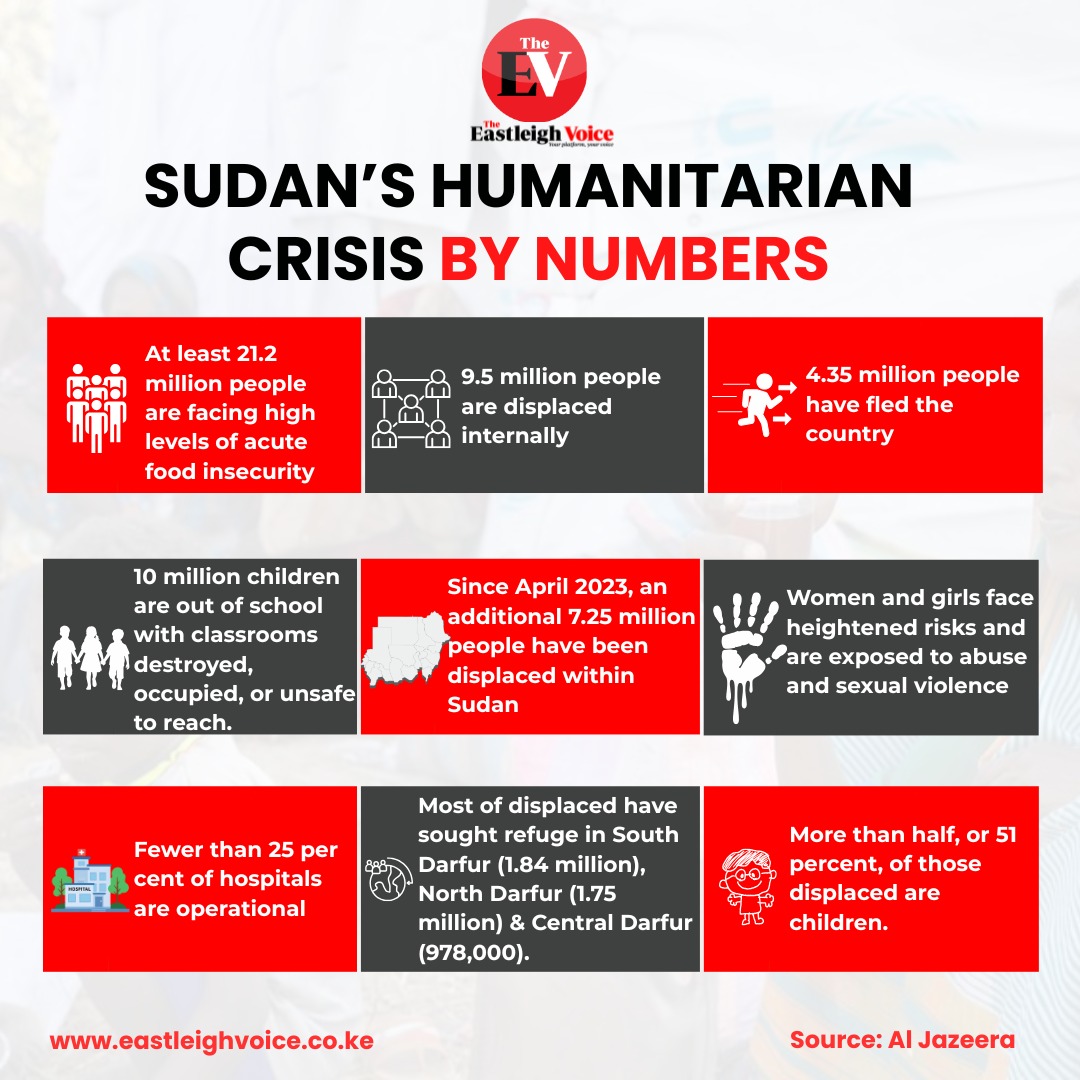Youth mental health declared a global crisis amid rising demand for care

Mental illness now accounts for 45 per cent of the overall disease burden in individuals aged 10 to 24.
The Lancet medical journal has proclaimed youth mental health to be a global catastrophe, citing intergenerational inequality, financial pressures, global instability, and the advent of social media as contributing factors.
The Lancet Psychiatry Commission on Youth Mental Health, which released the report Wednesday, represents four years of collaborative research involving over 50 leading psychiatrists, psychologists, academics, and young people worldwide who have experienced mental illness.
More To Read
- How to talk to your kids about mental health
- Mental health services now covered under SHA - CS Duale
- National Assembly approves Bill to establish mental health centres for police officers in all counties
- MPs push to scrap law criminalising suicide attempts in Kenya
- Groundbreaking trial finds single dose of LSD eases anxiety
- ‘They told them I was dead': A mother’s pain and the mental toll of family separation on children
Professor Patrick McGorry, the lead author and director of Australia’s Orygen Centre of Excellence in Youth Mental Health, highlighted a 50 per cent increase in the demand for mental health care among this age group over the past 15 to 20 years.
“Over the last 15 to 20 years, we've seen an alarming rise, a 50 per cent increase in the need for care in this age group,” McGorry said.
Mental illness now accounts for 45 per cent of the overall disease burden in individuals aged 10 to 24. Despite this, only two per cent of global health budgets are allocated to mental health care.
The report calls for scaling up existing evidence-based solutions, emphasising that mental illnesses are not only leading to increased disability but also to significant losses in human potential and productivity across the lifespan.
“Even when these illnesses do not cause death, they are the largest and most rapidly growing cause of disability and lost human potential and productivity across the life span,” the report states.
Several worldwide megatrends are contributing to young people's psychological anguish, including increasing intergenerational disparity, financial constraints, global instability, and the rise of social media. According to the report, precarious work, the climate crisis, and unregulated social media are all significant contributors to the situation.
The data show worrying declines in young people’s mental health, with increases in depression, anxiety, and overall psychological distress.
“Given that the onset of mental illness peaks at age 15 years, with 63–75 per cent of onsets occurring by age 25 years, any substantial improvements in mental health must come via effects on young people. A new approach to youth mental health is needed, one that addresses not just clinical factors, but social and political factors as well,” the report states.
McGorry criticised the insufficient response to this escalating issue, arguing that if such a rapid decline in mental health were occurring in other health areas, like diabetes or cancer, it would prompt immediate and substantial action from governments.
“If the rapid deterioration in health was happening in any other health area, like diabetes or cancer, governments would take dramatic actions,” he said. He pointed out a troubling gap between the urgent needs of young people and the limited resources and attention they receive.
Poorly regulated social media platforms also contribute to increased feelings of isolation and political polarisation.
The report stressed the need to improve digital safety rather than restricting young people's access to these platforms. “It’s not the young people that are the problem, or we should be restricting.
We should be making the digital environment a safe place,” he said. Addressing these issues comprehensively is essential for improving mental health outcomes for the younger generation.
The World Health Organisation reports that mental health issues impact 10–20 per cent of children and adolescents globally. They also estimate that half of all mental illnesses begin by the age of 14, although most cases remain undiagnosed and untreated.
Depression, anxiety, and behavioural disorders are among the primary causes of illness and disability in adolescents.
Neglecting adolescent mental health issues can have long-lasting effects, impacting physical and mental health into adulthood and restricting opportunities for leading fulfilling lives.
Top Stories Today












































